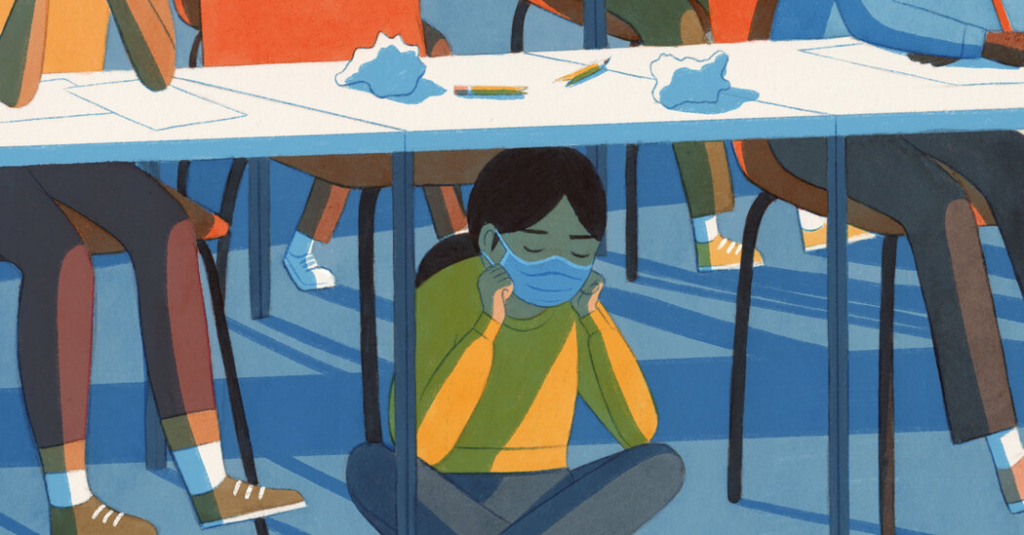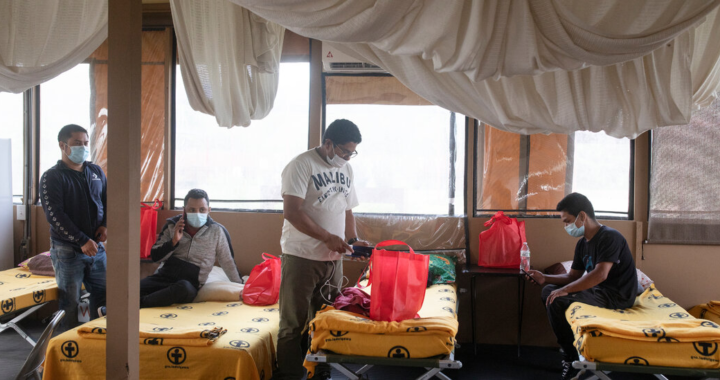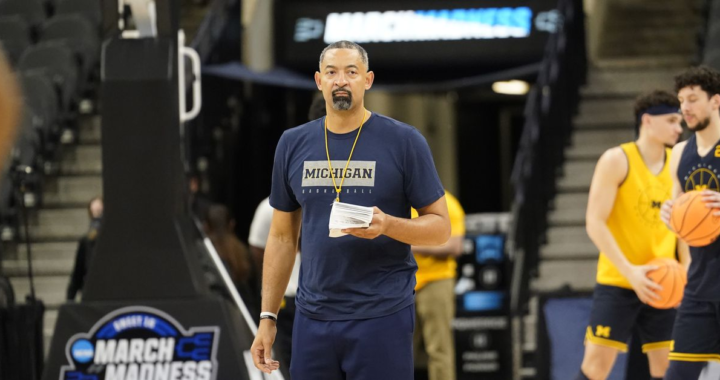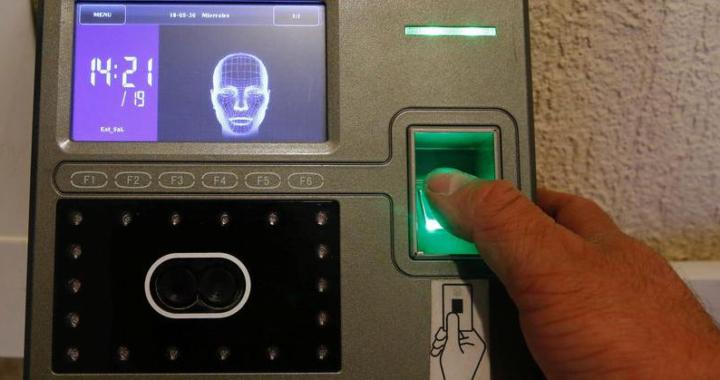Why Kids May Be Melting Down at School
2 min read
Sarah Ott, who teaches eighth grade science at a public school in Dalton, Ga., (a small city known as “the carpet capital of the world”) said that her students are acting less mature these days. “I used to teach seventh grade, and seventh grade is peak silliness,” she said — kids used to parkour off the walls and were still bringing fidget toys to school. In previous years, her eighth graders didn’t act like that, and now they do.
Amanda Marsden, a second grade teacher in Cape Elizabeth, Maine, a town of around 9,000 people outside of Portland, said that her second graders have never had a “normal” school year, since the pandemic hit in the spring of kindergarten for them, so they need to be taught some of the basics of being in a classroom again. “We’re really breaking down the minutiae of the day,” she said. Her students are also much quicker to run to a teacher with a problem than working it out themselves, she added — they got used to having a grown-up around to solve disputes when they were learning at home.
Children also may be acting out in new ways to get that adult attention. “We actually just had a student start a fire in a school bathroom last week. THAT was a first for everyone in my building!” Nicole Hagle, who teaches seventh and eighth grade English in Mt. Pleasant, Mich., a college town in the middle of the state, wrote to me in an email. When I followed up with her on the phone, she said that the fire is just one of the attention-seeking behaviors she’s observed — there’s more yelling, more cursing, more acting out. “We’re having to dial back expectations behaviorally,” she said.
Several teachers also said that they felt the public controversies over mask wearing had spilled over into the classroom. “I don’t think parents realize the impact they have on their children,” Ms. Hagle said. Masks are required at her school. “We see kids are a lot less careful, some are outright obstinate about mask wearing,” she said — and that’s a difference from last school year, when there was more of a feeling that everyone was in this together.
So if your kid is struggling to adjust this year, what can you do to support them?
First, keep the lines of communication open with teachers, Ms. Marsden said. Your kid might be extremely anxious at home and crying every night, and your teacher may have zero idea because they’re not exhibiting these behaviors in the classroom. Sharing that information can signal to a teacher, “Maybe I need to do a little more checking in with the kids about how they’re feeling,” Ms. Marsden said, or that she needs to ramp up the social-emotional learning curriculum. It may also help the teacher refer a family to mental-health services available at the school or in the community, if necessary.





